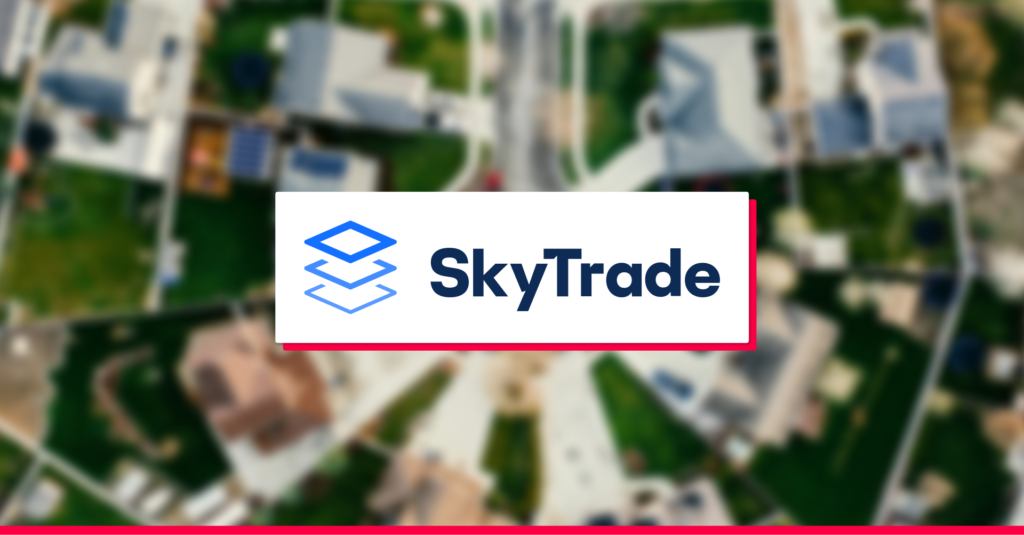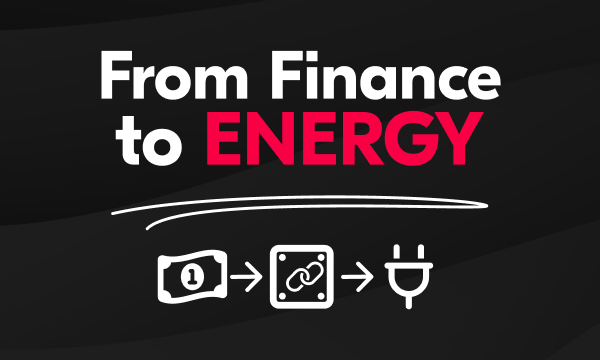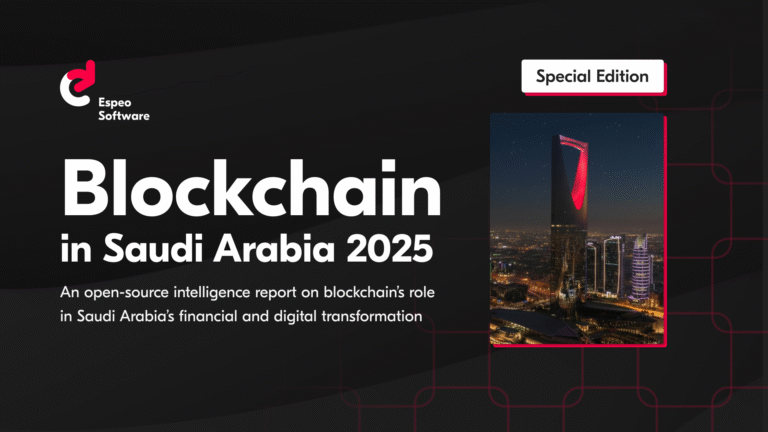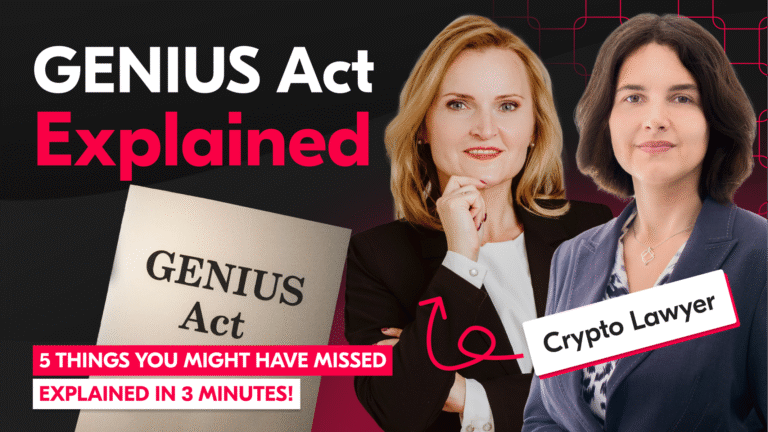In many cities where space is limited and vertical construction is common, the cost of low-altitude airspace can skyrocket. Air rights deals, which involve selling unused development rights from one property owner to another, are typically associated with major developers. However, due to the proximity of buildings, even homeowners, small building owners, and co-op boards can participate in these transactions. Despite their potential profitability, these deals used to be very complex. A US start-up, SkyTrade, aims to change this by building a marketplace for these rights.
We are joined by the SkyTrade’s Co-Founders. CEO Jonathan Dockrell, and CTO Marcin Zduniak, will introduce us to their pioneering platform that promises to democratise the air rights market.

Source: SkyTrade
Real estate air rights and their worth
Espeo Software: Jonathan, what are air rights, and how much are they worth?
Jonathan: Air rights are the right to control and use the airspace above a property. This concept dates back to Roman times when land ownership was considered from “Heaven to Hell.” Today, air rights exist in all jurisdictions, though their attributes and ownership can vary.
In many countries like the US and UK, air rights are vested in the landowner. This means the owner can use, trade, sell, or rent these rights. They can even transfer them to another location to add value elsewhere. The value of air rights can range from 5-20% of the land value, sometimes trading for more than £350 per cubic foot. For example, real estate valued at £10M could see an increase of up to £2M by utilising air rights through SkyTrade. SkyTrade makes this traditionally opaque market accessible and valuable to a wider audience.
Espeo Software: What is SkyTrade?
Jonathan: SkyTrade is an air rights marketplace that enables real estate owners of all sizes to monetise their airspace. We connect air rights owners with airspace users, often commercial drone entities needing permission to operate below 400 feet. Without this permission, drones are trespassing, so they rent airspace through SkyTrade.
Additionally, real estate developers and traders use SkyTrade to buy, transfer, or hold air rights for their current and future value.
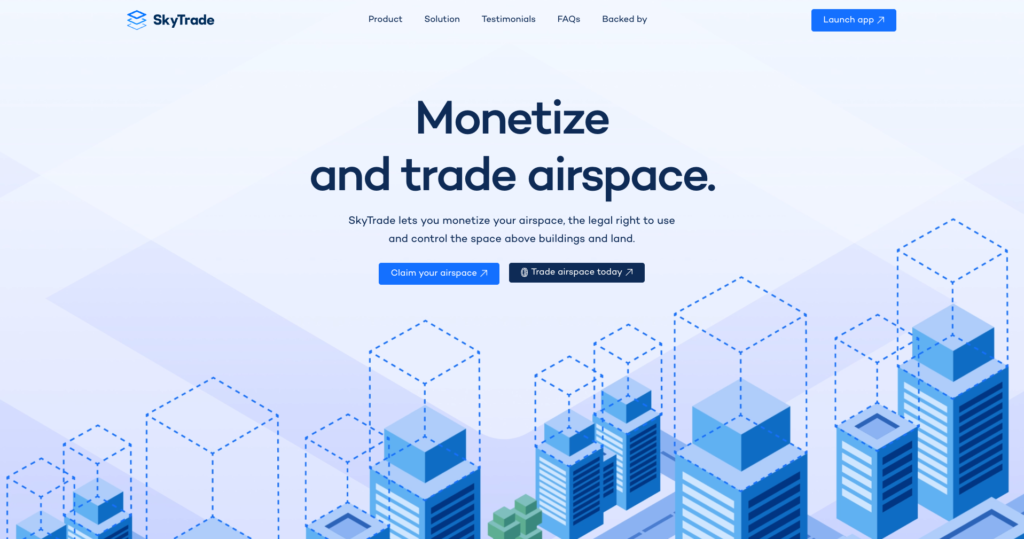
Airspace trading options with SkyTrade
Espeo Software: In which regions is airspace trading currently possible with SkyTrade? Where do you expect it to expand?
Jonathan: Airspace can be traded in regions like the USA, UK, Canada, Australia and Ireland, where decentralised individual landownership is supported by law. In other countries, like Spain, Germany, and Poland, where the legal system is based on civil law, the government typically owns air rights. For these regions, we offer the governments a marketplace for trading their air rights.
Espeo Software: Why would property owners or investors be interested in claiming airspace? Will the adoption of air rights trading generally increase?
Jonathan: Property owners are interested in claiming air rights as the use of them, even to trade without being built into, adds capital value to their real estate holdings. Investors are interested in their returns from real estate growth or, if they are investors in unmanned aerial vehicles (drone companies), their investments can finally scale as the drones have legal permission to fly.
Espeo Software: Do you have plans to expand to other jurisdictions, such as the European Union?
Jonathan: Yes, we are actively engaging with real estate companies and officials in the EU to monetise air rights and create income for municipalities, their communities and real estate investors. We welcome interest from anyone in the EU.
SkyTrade Airspace Trading with Blockchain
Espeo Software: Could you describe the process of how airspace is traded using blockchain technology? Why is blockchain technology necessary for trading airspace?
Marcin: Air rights are traded on the blockchain through our Auction House contract. This functions similarly to a traditional auction house, where items are listed and investors bid to win. The highest bid secures the auction.
Blockchain technology enables the trade of digital assets, such as air rights and flying/rental permissions. The primary benefits are fair, objective, and transparent price discovery. Furthermore, people have the flexibility to choose their preferred trading venues and price discovery algorithms, not just our Auction House. They can use alternative platforms if they wish, as these are their air-rights assets.
Understanding Smart Contracts with Espeo Software’s Blockchain Expert
We asked our Senior Solutions Consultant, Agnieszka Niedzielska-Hołownia about the technical side of smart contracts, the technology behind auction house contracts built by SkyTrade.

Espeo Software: What exactly is a smart contract, and how is it different from traditional contracts?
Agnieszka: A smart contract is a computer program that runs on a blockchain. It automates and executes processes transparently and verifiably, eliminating manual intervention. Unlike traditional contracts, it immutably saves every transaction on the network to ensure security and trust. Brilliant, isn’t it?
Espeo Software: Are smart contracts legally binding?
Agnieszka:: Smart contracts can be legally binding, depending on their purpose. For example, purchasing a subscription online is legally binding, while buying real estate typically requires a specific legal procedure. Monetising airspace through blockchain is a legally binding use case.
Espeo Software: Are smart contracts a popular tool?
Agnieszka: Yes, smart contracts are becoming increasingly popular. They enable machine-to-machine communication in smart homes, cars, watches, and UAVs. Automation boosts efficiency, allowing people to focus on non-repetitive tasks, and offers companies a reliable, up-to-date source of truth. These benefits make smart contracts invaluable as the language of blockchain.
Espeo Software: Can you provide examples of common use cases for smart contracts from recent years?
Agnieszka: Smart contracts are vital to blockchain, crypto, and DeFi projects. They facilitate payment reconciliation and international money transfers in projects like Onyx by JP Morgan and Ripple. Serving as a single source of truth, they enable data extraction from the blockchain, as seen in BurstIQ, where they ensure the ownership and secure use of medical data.
In Decentralized Finance (DeFi) apps, smart contracts automatically trade, compare, and validate transactions, often involving multiple tokens, and execute transactions when conditions are met.
Read Agnieszka’s article on how to leverage distributed ledger technology in corporate platforms.
Closing
To learn more about the air rights market visit the SkyTrade Website, explore their platform, and see if you’re eligible to list, buy, or trade your airspace.
*Disclaimer: Espeo Software does not endorse or promote any specific investments, products, or services mentioned in this article. The information provided is for educational and informational purposes only and should not be considered financial, legal, or investment advice. Always conduct your research and consult with a qualified professional before making any financial decisions. Espeo Software is not responsible for any actions taken based on the information provided in this article.
